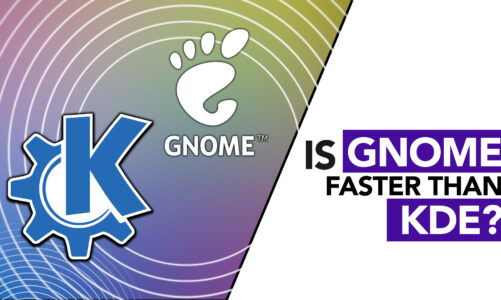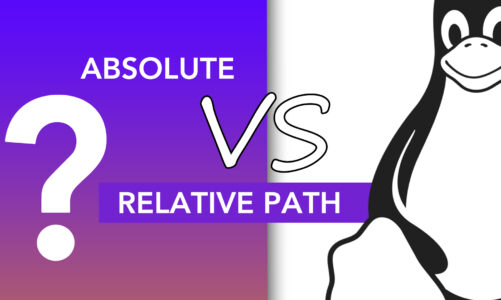As a Linux user, you might wonder whether your system needs antivirus protection. Although Linux is renowned for being more secure than other platforms, no operating system is entirely impervious to malware threats. This raises the question: which antivirus solution is best for Linux users? ClamAV often emerges as a recommended option in this context. But is ClamAV a good antivirus for Linux?
Gaining a thorough understanding of ClamAV’s features and capabilities can assist you in making an informed choice, so let’s dive into the details and determine whether it’s the right antivirus solution for your needs or not.
What is ClamAV?
ClamAV, or Clam AntiVirus, is a widely-used open-source antivirus software developed and maintained by Cisco Systems, initially designed for Unix-based systems but later expanded to support Linux, Windows, and macOS platforms.
Its popularity among Linux users is attributed to its open-source nature, promoting transparency, community involvement, and ongoing improvements. ClamAV aims to detect and remove various malware types, such as viruses, trojans, worms, and other malicious software, using a combination of signature-based detection, heuristic analysis, and sandboxing techniques. Regular updates to its virus signature database ensure that ClamAV can identify and neutralize the latest threats.
As a lightweight and resource-efficient solution, ClamAV is ideal for older or less powerful systems that might struggle with more resource-intensive antivirus software.
Advantages of ClamAV
- Open Source: ClamAV operates as an open-source project, implying that its source code is accessible for everyone to inspect, alter, or share. This encourages openness, permitting security professionals to scrutinize the software and participate in its evolution.
- Regular Updates: ClamAV’s virus signature database is updated regularly, ensuring that the antivirus can detect the latest malware threats.
- Lightweight: ClamAV is a lightweight antivirus program that consumes minimal system resources. This makes it ideal for older or less powerful machines.
- Multi-Platform: As mentioned earlier, ClamAV supports Linux, Windows, and macOS, making it a versatile option for users of different operating systems.
Disadvantages of ClamAV
- Limited Detection: Although ClamAV has a comprehensive virus signature database, its detection capabilities may not be as robust as those of some commercial antivirus products.
- No Real-Time Scanning: ClamAV does not offer real-time scanning, meaning it scans files only when prompted by the user.
- This could expose your system to the risk of emerging malicious software threats.
- Limited GUI Options: ClamAV’s primary interface is command-line-based, which may not appeal to users who prefer a graphical user interface (GUI). However, third-party GUI options are available.
Is ClamAV a good antivirus?
After going through the pros and cons, what do you think is ClamAV a good antivirus or not? Compared to other antivirus solutions available for Linux, ClamAV is a popular choice due to its open-source nature, lightweight design, and regular updates. However, it may not provide the same level of detection and real-time scanning as some commercial alternatives. Consequently, a majority of users would prefer a solution that offers a more user-friendly interface and a broader range of features.
Even if you use ClamAV, it’s essential to implement other security measures, such as strong passwords, two-factor authentication, regular software updates, and user education on cybersecurity best practices.
Conclusion
ClamAV stands out as a dependable open-source antivirus solution for Linux users, capable of detecting and removing various types of malware. Its lightweight design and core features make it a viable option for those seeking free antivirus protection on Linux systems.
Nonetheless, despite ClamAV’s merits, many users may desire a more intuitive interface and a broader range of features typically found in commercial antivirus alternatives.



